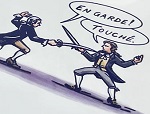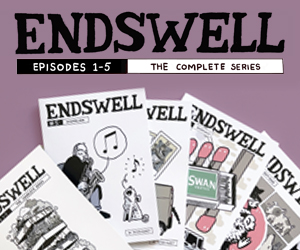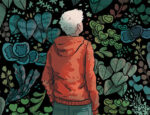When the US Supreme Court overturned Roe Vs. Wade in 2022 the repercussions went even further than the obvious horrifying backward slide for women’s reproductive rights. It also mirrored the global shift to authoritarianism, and the sinister rise of far-right populism, that has made all our worlds so much darker over the last several years. Comics, as we are fond of pointing out here at Broken Frontier, are an incredibly powerful storytelling force in speaking out and providing an empathetic platform not just to challenge these social injustices but also to reflect on our own relevant supporting experiences.
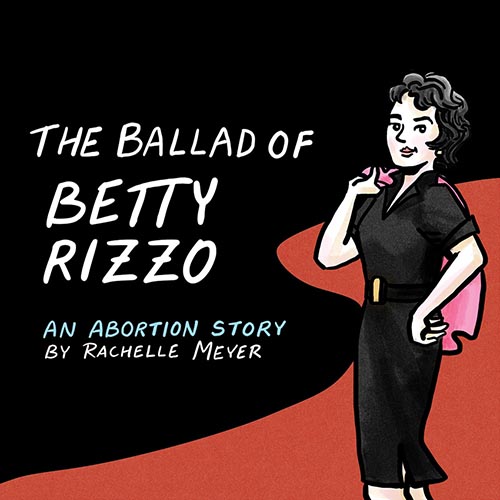
Rachelle Meyer has already proved herself to be a markedly articulate voice in succinct but pertinent comics form in minicomics like her Chick Tracts-inspired Texas Tracts and The Last Guide to Literary Conflict You’ll Ever Need. In The Ballad of Betty Rizzo: An Abortion Story she again deftly uses a limited narrative space to make a concise and incisive topical point.
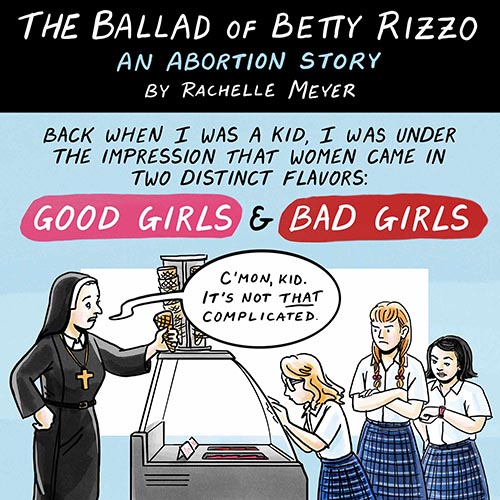
In 10 mostly one-panel pages the autobiographical The Ballad of Betty Rizzo uses Meyer’s own abortion story with the parallel of Betty Rizzo’s from the film Grease to provide a commentary not just on the retrograde developments since Roe Vs. Wade but also on stereotypical takes on gender and the reduction of women to the “good girl/bad girl” binary. It’s a prime example of Meyer’s ability to make an immediate impactful point with little set dressing; one that here is precise and insightful, bringing in historical context and making the reader aware of just how little attitudes have really changed across the decades, despite moments of seeming progressiveness.
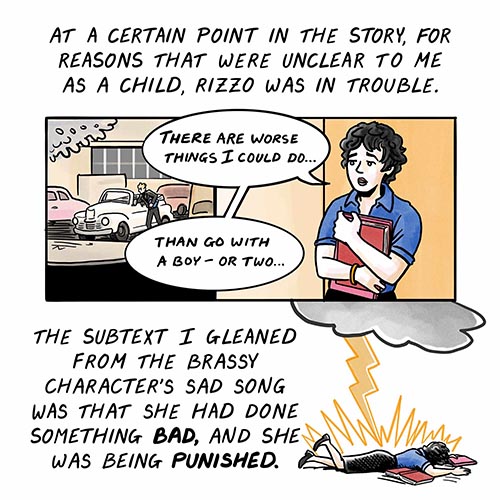
Meyer’s art again has that clarity that we have come to expect from her. combining slice-of-life scenes, visual metaphor, and something approaching infographics to put forward her case with subtlety and nuance. The Ballad of Betty Rizzo: An Abortion Story doesn’t use angry rhetoric to make its point. It doesn’t need to. Its quietly unarguable truths are self-evident and unassailable.
Rachelle Meyer • Self-published
Review by Andy Oliver








